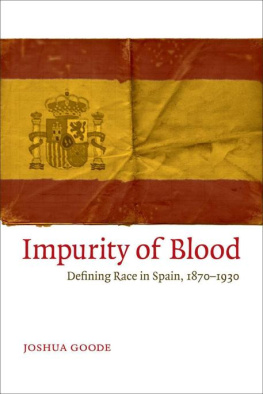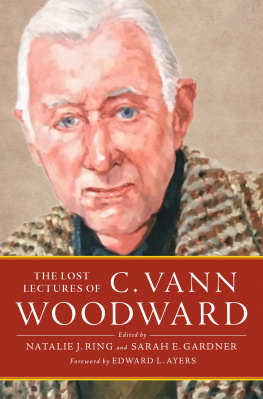Natalie J. Ring - The Problem South: Region, Empire and the New Liberal State, 1880-1930 (Politics and Culture in the Twentieth Century South)
Here you can read online Natalie J. Ring - The Problem South: Region, Empire and the New Liberal State, 1880-1930 (Politics and Culture in the Twentieth Century South) full text of the book (entire story) in english for free. Download pdf and epub, get meaning, cover and reviews about this ebook. year: 2012, publisher: The University of Georgia Press, genre: Politics. Description of the work, (preface) as well as reviews are available. Best literature library LitArk.com created for fans of good reading and offers a wide selection of genres:
Romance novel
Science fiction
Adventure
Detective
Science
History
Home and family
Prose
Art
Politics
Computer
Non-fiction
Religion
Business
Children
Humor
Choose a favorite category and find really read worthwhile books. Enjoy immersion in the world of imagination, feel the emotions of the characters or learn something new for yourself, make an fascinating discovery.
- Book:The Problem South: Region, Empire and the New Liberal State, 1880-1930 (Politics and Culture in the Twentieth Century South)
- Author:
- Publisher:The University of Georgia Press
- Genre:
- Year:2012
- Rating:4 / 5
- Favourites:Add to favourites
- Your mark:
The Problem South: Region, Empire and the New Liberal State, 1880-1930 (Politics and Culture in the Twentieth Century South): summary, description and annotation
We offer to read an annotation, description, summary or preface (depends on what the author of the book "The Problem South: Region, Empire and the New Liberal State, 1880-1930 (Politics and Culture in the Twentieth Century South)" wrote himself). If you haven't found the necessary information about the book — write in the comments, we will try to find it.
For most historians, the late nineteenth and early twentieth centuries saw the hostilities of the Civil War and the dashed hopes of Reconstruction give way to the nationalising forces of cultural reunion, a process that is said to have downplayed sectional grievances and celebrated racial and industrial harmony. In truth, says Natalie J. Ring, this buoyant mythology competed with an equally powerful and far-reaching set of representations of the backward Problem Southone that shaped and reflected attempts by northern philanthropists, southern liberals, and federal experts to rehabilitate and reform the countrys benighted region. Ring rewrites the history of sectional reconciliation and demonstrates how this group used the persuasive language of social science and regionalism to reconcile the paradox of poverty and progress by suggesting that the region was moving through an evolutionary period of readjustment toward a more perfect state of civilisation.
In addition, The Problem South contends that the transformation of the region into a mission field and laboratory for social change took place in a transnational moment of reform. Ambitious efforts to improve the economic welfare of the southern farmer, eradicate such diseases as malaria and hookworm, educate the southern populace, uplift poor whites, and solve the brewing race problem mirrored the colonial problems vexing the architects of empire around the globe. It was no coincidence, Ring argues, that the regulatory states efforts to solve the southern problem and reformers increasing reliance on social scientific methodology occurred during the height of U.S. imperial expansion.
Natalie J. Ring: author's other books
Who wrote The Problem South: Region, Empire and the New Liberal State, 1880-1930 (Politics and Culture in the Twentieth Century South)? Find out the surname, the name of the author of the book and a list of all author's works by series.






